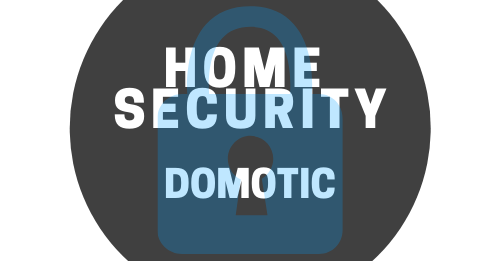Innovative Technologies for Audit
Innovation is vital in this business world that is constantly changing where information is the primary currency. The accounting industry is experiencing a major shift in the methods of conducting audits, using new technologies like blockchain and artificial intelligence (AI), data analytics and robotic procedure automation changing processes and enabling more efficient and effective results for clients.
The ability to quickly process and organize huge volumes of complex data at a speed previously unimaginable is allowing auditors to provide more insightful insights than ever before. The use of advanced analytical tools allows auditors the ability to identify unusual transactions, latent patterns or other problems they might otherwise overlook, and tailor their risk assessment processes accordingly. These tools can also assist to identify future problems and also to predict the performance of a company.
Similarly, the use of automated systems and specialized software is reducing manual processing and review work. For example, Argus is an AI-enabled document analysis tool that utilizes natural language processing and machine learning to swiftly analyze electronic documents. It is being utilized by Deloitte auditors to help accelerate electronic document review that allows more time for the most valuable tasks, such as reviewing risk and verifying findings.
Despite these benefits There are a lot of read the full info here barriers that prevent the full implementation and use of technology in auditing. Research has shown that a number of factors, including the person, task, and environment which can impact the use of technology in audit. This is reflected in the perceived impact on the independence of the auditor and the lack of clarity in the regulatory response towards the use of technology.
